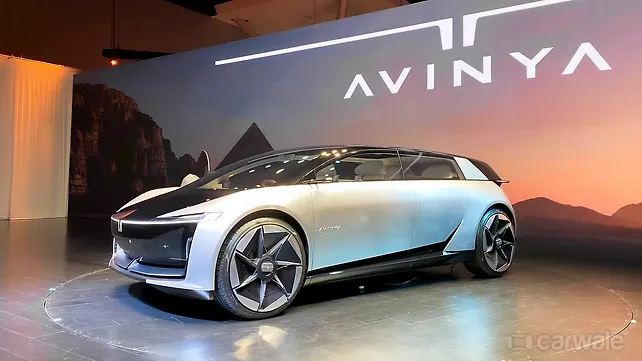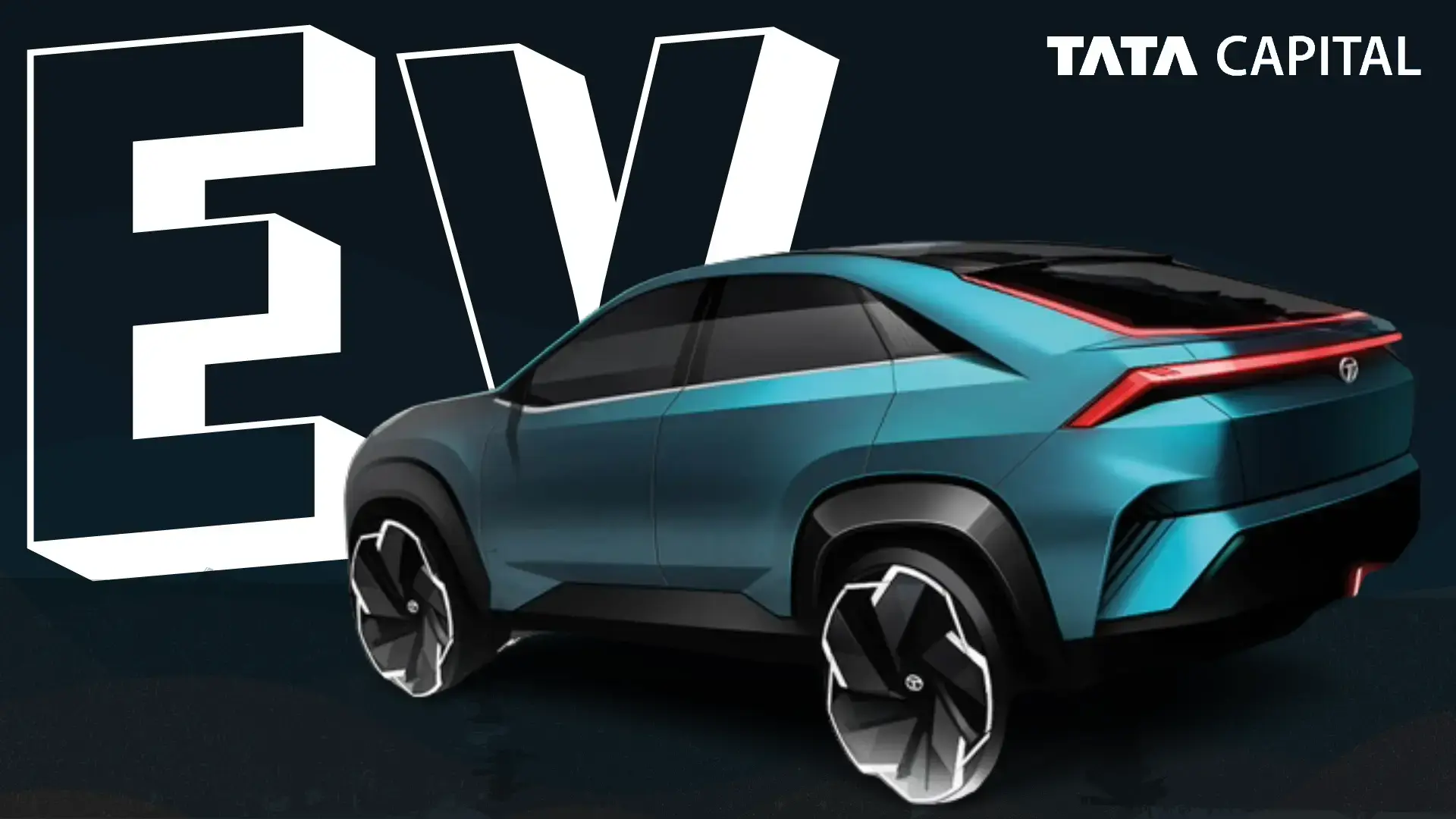Tata Passenger Electric Mobility Ltd. and Jaguar Land Rover (JLR), both 100 percent subsidiaries of Tata Motors, have entered into a Memorandum of Understanding (MoU) for the licencing of Jaguar’s EMA platform for the development of the ‘premium pure electric’ vehicle series ‘Avinya’.
Pure electric mid-sized SUVs for international markets are to be launched from 2025 onwards, according to a release from Tata Motors.
)
About Tata Avinya and other upcoming Tata EVs
The electric cars, based on the Avinya concept, will now be developed on JLR’s Electrified Modular Architecture in exchange for a royalty fee, according to the press release issued on Thursday.
“Avinya stands for ‘Innovation’ and represents our vision for a new paradigm in personal mobility. Being built on an architecture that is equipped with the latest advances in new-age technology, software and artificial intelligence, Avinya will spawn a new breed of world-class EVs, with global standards in efficiency and range.
We are delighted to collaborate on the EMA platform with JLR for actualising this vision,” Anand Kulkarni, Chief Product Officer and Head HV Programmes, Tata Passenger Electric Mobility.
 CARWALE
CARWALE
More about Tata’s EV programme
In a bid to stay at the forefront of the electric vehicle revolution and the evolving automotive landscape, Tata Motors, one of India’s leading automobile manufacturer, is rolling out an extensive up-skilling strategy.
Geared towards creating a workforce adept in handling cutting-edge technologies, the up-skilling strategy involves delivering technical skills, functional expertise, and crucial managerial and leadership capabilities.
The company which plans to increase its EV portfolio’s contribution to sales from 12% to 25% by the end of FY2027 and to 50% by 2030, has set an ambitious aspiration of equipping over 50% of its workforce with new age auto tech capabilities within 5-years.
Sitaram Kandi, Vice President – HR, Passenger Vehicles and Electric Vehicles, said, “a dynamically evolving industry like ours mandates consistent upskilling and training to remain ahead of the curve and future ready.”
The company disclosed in a press briefing today that in FY23, it dedicated an 3,40,000 hours to specialised training and development for its employees.
Through strategic collaborations with industry leaders such as ARAI, Bosch, Mathworks, SAE, Tata Technologies Limited, and others, Tata Motors ensures its employees receive professional certification in Connected, Electric, Shared, and Safe (CESS) technologies.
These certifications cover a range of advanced topics including ADAS, Battery Technology, Cybersecurity, and more.
The car maker has partnered with institutions like BITS Pilani, MIT-ADT University Pune, and others, offering specialized programmes that enable employees to further refine their technical, professional, and leadership skills.
With specific provisions for shop-floor technicians, this initiative plans to empower them to pursue a ‘Diploma in Engineering’ with a focus on auto electrical and electronics, mechatronics, and specialised welding skills – qualifications that are pivotal for advancement in the automotive industry.
Following the acquisition of the Ford India facility at Sanand in January 2023, Tata Motors partnered with Gujarat’s Ganpat University to upskill 100% of the newly acquired workforce.
Learning programmes, designed in collaboration with Tata Motors, focus on the latest manufacturing technologies, including Industry 4.0, Smart Manufacturing, and more.

Sanand Plant, Gujarat. Photo: AFP
Pricing and other related details
While the EV series of the car-makers are to be made public in 2025, there is a lot of speculation about the price range.
There is still no update by the company about the price of their EV line. However, people do not expect it to be cheap as currently the lowest-priced EV of their current line costs ₨11,00,000.
An entire EV line would cost more. The company plans to target a bigger audience hence is optimistic enough of keeping the anticipated price much lower.
The cars are deemed to be one of a kind and second to none in terms of quality, average, designs and comfort.
Tata has reportedly spent more than a couple of years in strategising their EV plans.
GETTY IMAGES
Conclusion
The car-maker has always worked in the benefit of the nation. The company has over $1 Billion in donation every year which is more than many big names combined.
Tata wants to spread its wings in every sector possible primary reason being, everything is made in the country, for the country and by the country.
From iPhone makers to producing major EV series in the next couple of years. Tata wishes to completely cut off China from the global market. One of the major aims for the car-maker remains to dominate the world with their EVs.
Can they pull off this major EV move or will India witness a flood of foreign EVs?
 Anand Kulkarni, Vice President, Passenger Electric Vehicles, Tata Motors
Anand Kulkarni, Vice President, Passenger Electric Vehicles, Tata Motors


 CARWALE
CARWALE











